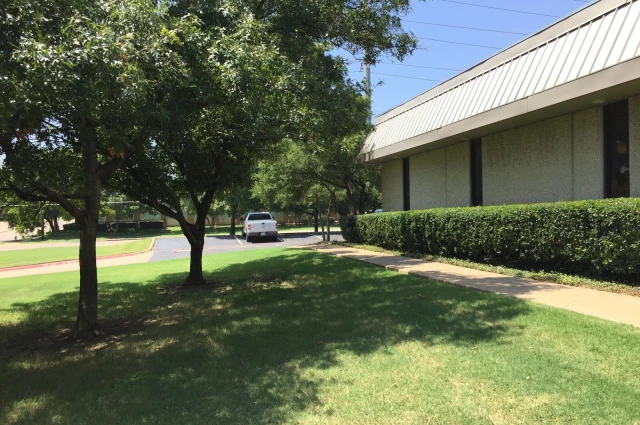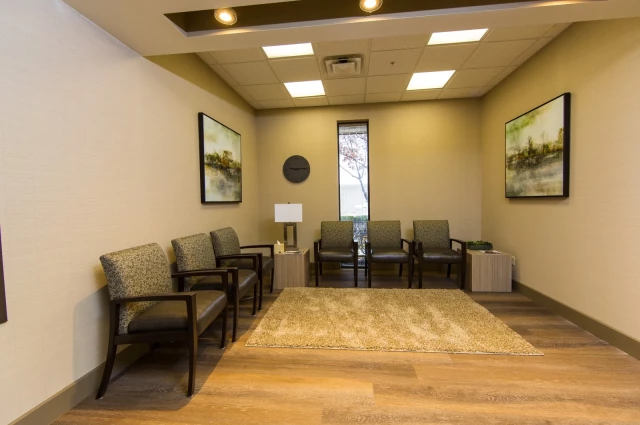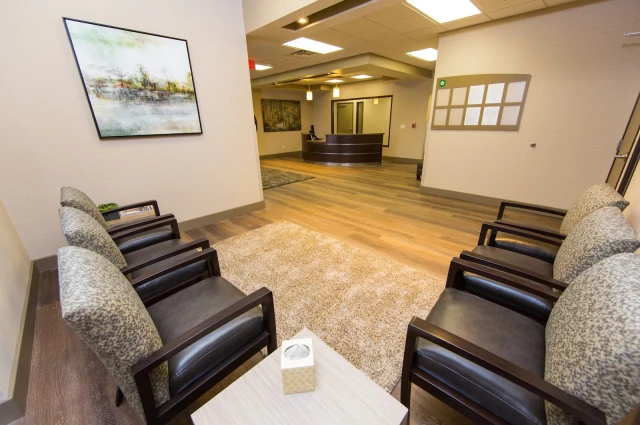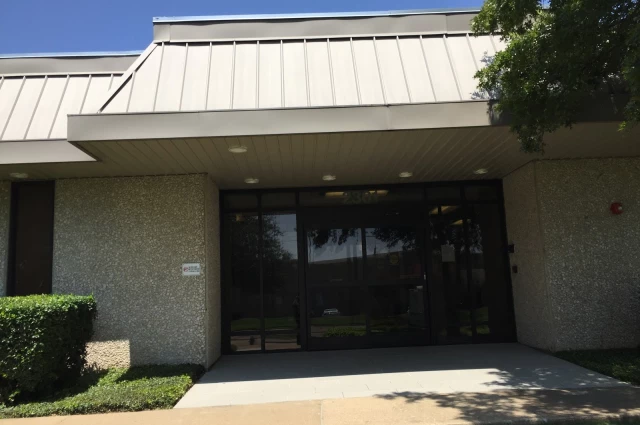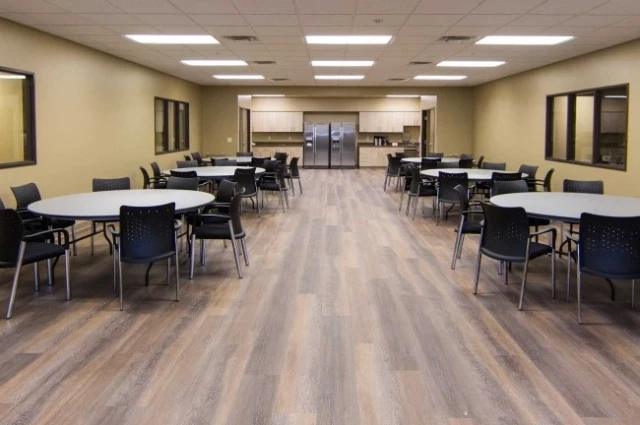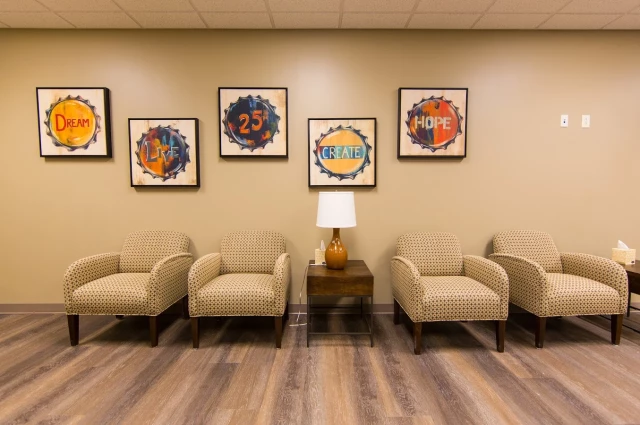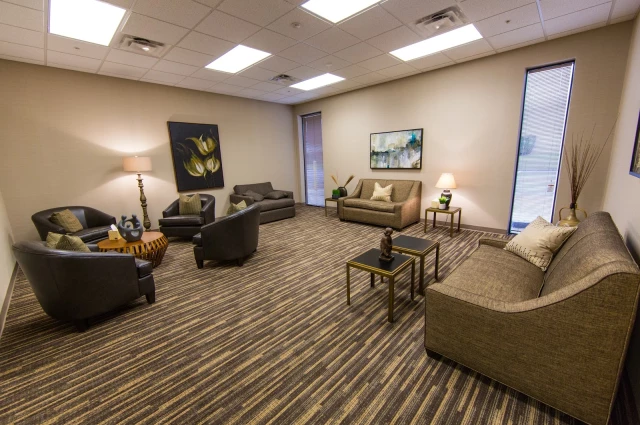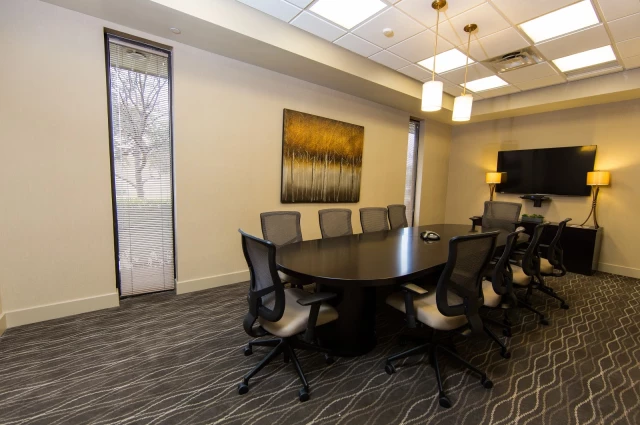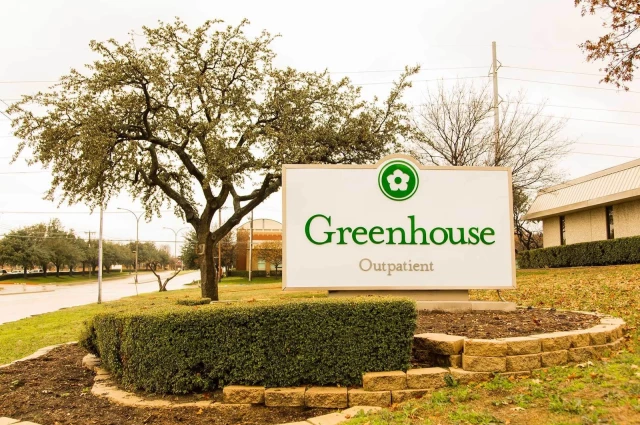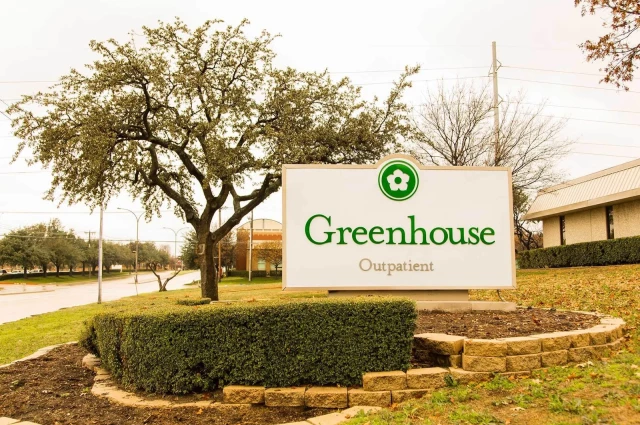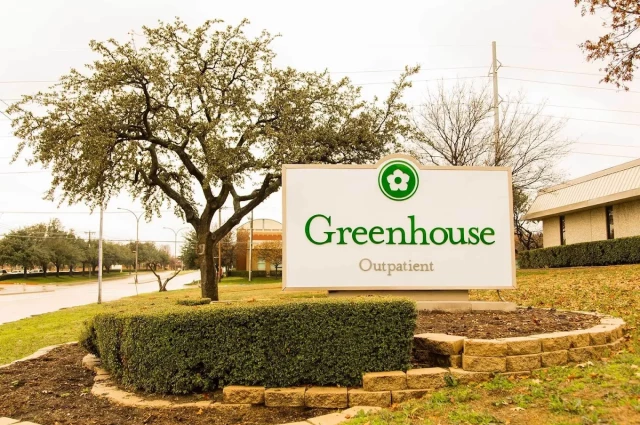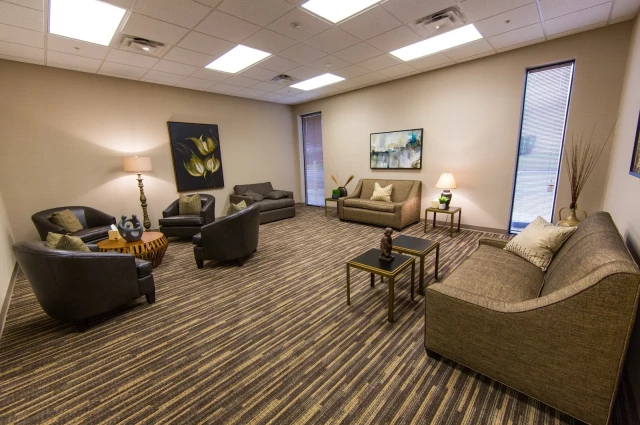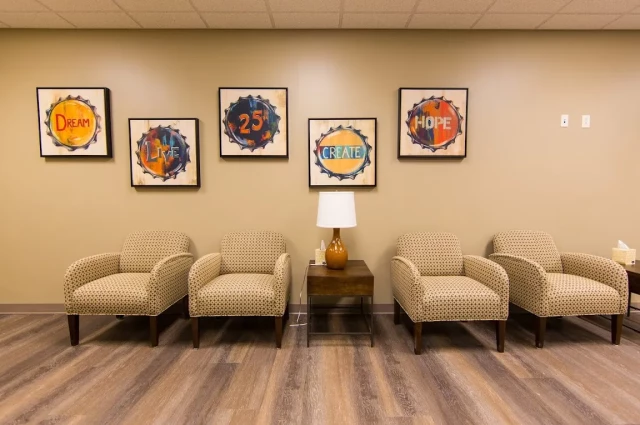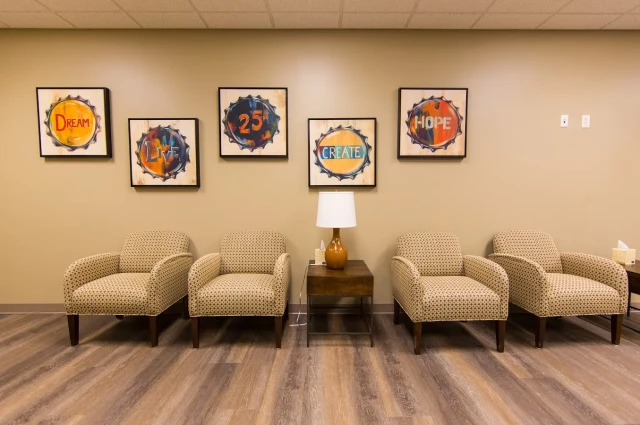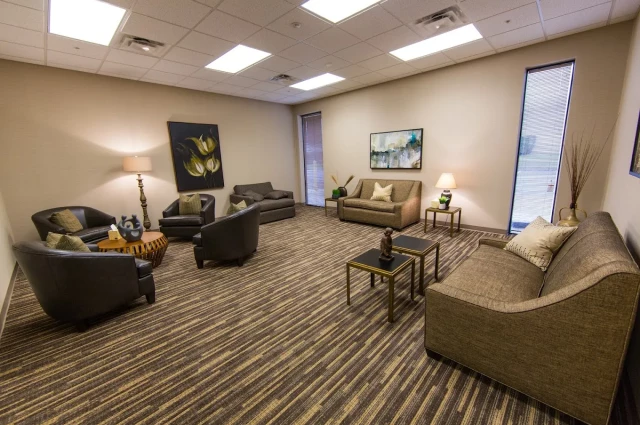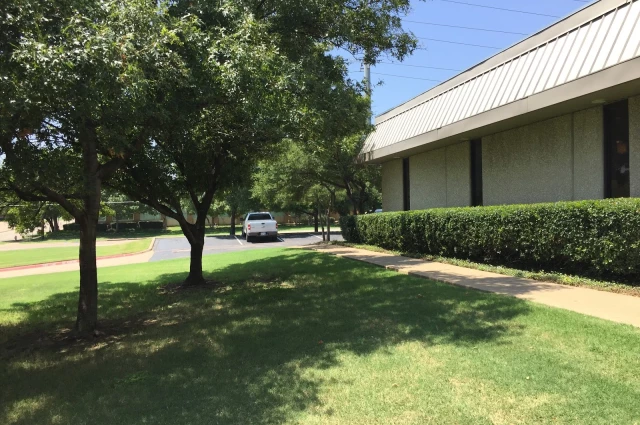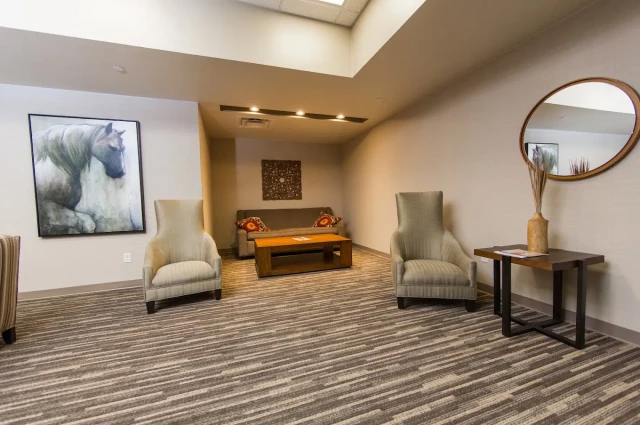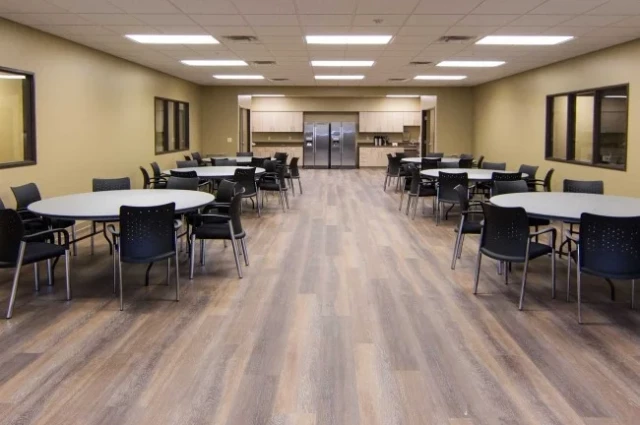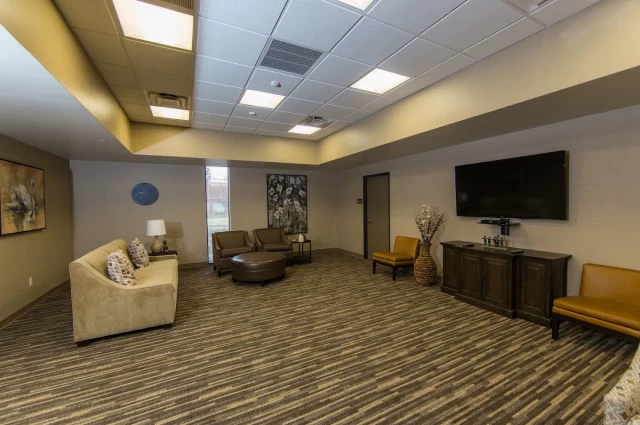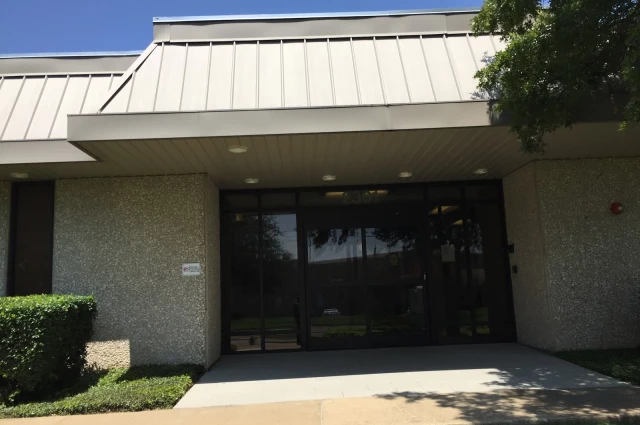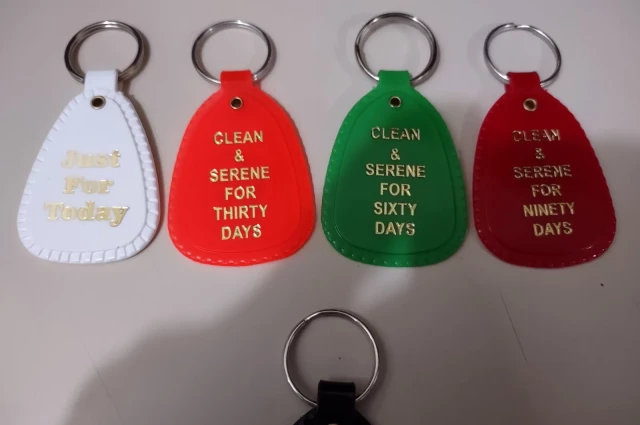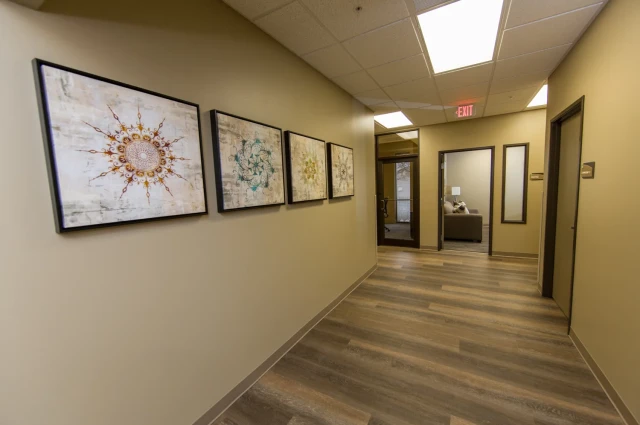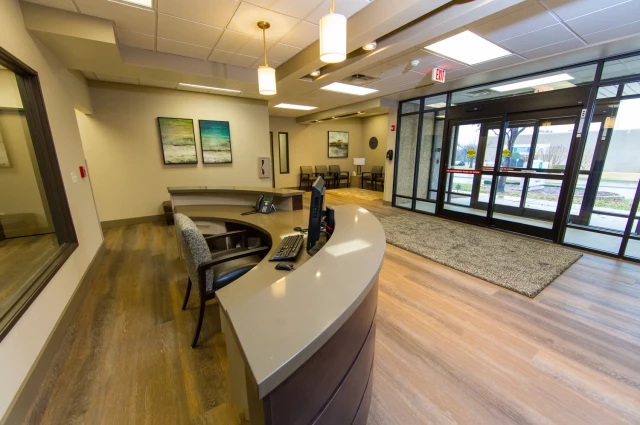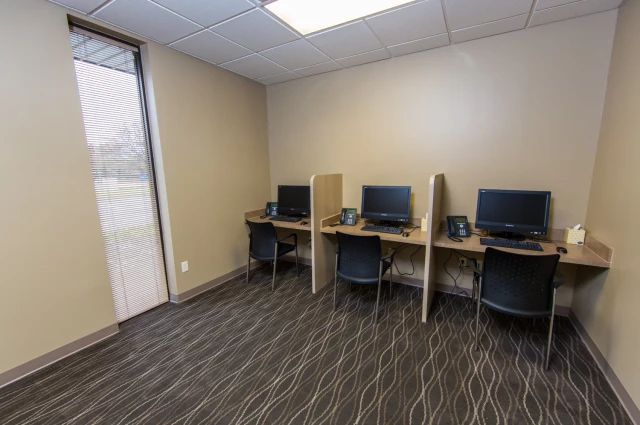Greenhouse Outpatient Treatment Center, located in Arlington, Texas, provides a comprehensive outpatient treatment program for individuals struggling with addiction and co-occurring disorders. This facility offers an alternative to residential or inpatient treatment, allowing clients to complete their recovery journey while maintaining their daily routines.
At Greenhouse Outpatient Treatment Center, each client receives a personalized approach to addiction treatment, recognizing that no two individuals have the same experiences or needs. Upon arrival, clients are immediately assessed by the treatment team to develop a tailored plan that best suits their unique situation. This plan is regularly reassessed and adjusted to ensure that the client receives the most effective care possible, maximizing their chances of achieving long-term recovery.
The treatment team at Greenhouse Outpatient Treatment Center is comprised of a diverse group of specialists, including case managers, psychiatric providers, therapists, and nurses. This collaborative team works together to address the full spectrum of the client's physical, mental, and emotional needs. Their holistic approach ensures that every aspect of the client's well-being is considered, helping them achieve sustained sobriety and overall wellness.
Greenhouse Outpatient Treatment Center is proud to be accredited by CARF, reflecting their commitment to providing the highest standard of care. This accreditation underscores the facility's dedication to offering effective, individualized treatment that empowers clients to overcome their challenges and reclaim their lives.
Greenhouse Outpatient Center Information
Treatment
Who We Treat
- Young Adults (18–25)
- Male and Female
- LGBTQ+
- Veterans
Treatment Focus
- Co-Occurring Disorders
- Drug Addiction
- Twelve Step
Approaches
- 12-Step-Based
- Individual Treatment
- Personalized Treatment
- Evidence-Based
- Family Involvement
- Twelve Step
- Family Therapy
- Holistic
- Trauma Informed
- Cognitive Behavioral Therapy (CBT)
- Rational Emotive Behavior Therapy (REBT)
- 1-on-1 Counseling
- Art Therapy
- Meditation & Mindfulness
Conditions We Treat
- Depression
- Anxiety
- Post Traumatic Stress Disorder (PTSD)
- Obsessive Compulsive Disorder (OCD)
- Trauma
- Suicidal Thoughts
- Stress
- Suicidality
- Co-Occurring Disorders
Substances We Treat
- Alcohol
- Benzodiazepines
- Heroin
- Cocaine
- MDMA/Ecstasy
- Ecstasy
- Marijuana/Cannabis
- Psychedelics
Languages
- English
Aftercare
- Aftercare App
- Alumni Events & Get-Togethers
Experience
On-Site Amenities
- TV
On-Site Activities
- AA/NA Meetings
- Alternative Support Meetings
Special Considerations
- Hepatitis A Vaccination
- Hepatitis B Vaccination
Smoking and Vaping Policy
- Smoking Allowed in Designated Areas
- Vaping Allowed in Designated Areas
Accreditations
-
State department of health
Government agencies issue State Licenses, granting permission to rehabilitation organizations to conduct their business operations lawfully within specific geographic regions. Generally, the particular rehabilitation programs offered by a facility and its physical location dictate the necessary licenses needed for legal operation.

-
Commission on Accreditation of Rehabilitation Facilities (CARF)
Established in 1966, the non-profit organization known as the Commission on Accreditation of Rehabilitation Facilities (CARF) has a dedicated focus on accrediting rehabilitation organizations. CARF's primary mission is to assist service providers, particularly rehabilitation facilities, in upholding and promoting the highest standards of care.

-
NAATP
Established in 1978, the National Association of Addiction Treatment Providers (NAATP) is a professional organization dedicated to advocating for and representing entities involved in addiction services. NAATP is committed to advancing the field of addiction services and ensuring that top-tier addiction treatment remains both accessible and widely available.

Greenhouse Outpatient Center Accepts The Following Insurance Plans
Find the best treatment options. Call our free and confidential helpline today!

